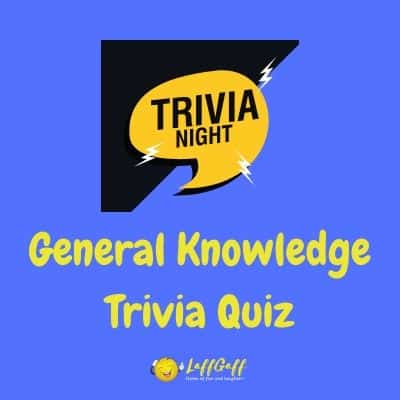Question: What word do we get from the Persian phrase “shāh māt”?
Show answer
Checkmate.
The term “checkmate” in the game of chess derives from the Persian phrase “shāh māt.” Chess itself is believed to have originated in India before spreading to Persia, where the rules of the modern game were developed.
In Persian, “shāh” means “king,” reflecting the central piece in the chess game, and “māt” translates to “helpless” or “defeated.” Thus, “shāh māt” can be interpreted as “the king is helpless” or “the king is defeated.” When a player’s king is threatened with capture (which would leave the king “helpless” or “defeated”) on the next move, the opponent declares “check.” If there’s no legal move to remove the threat of capture on the next turn, it’s declared as “checkmate,” meaning the game is over.
The phrase travelled along with the game through various cultures and languages. The Arabic equivalent is “sheikh mat,” and it entered Latin as “scaccus mat,” both meaning “the king is dead.” Eventually, through Old French “eschec mat,” it came to English as “checkmate.”
The transition of “shāh māt” into “checkmate” in English exemplifies how language, culture, and even games evolve and influence each other over time. It’s a fascinating testament to the widespread and enduring popularity of chess as a global game of strategy and skill.



